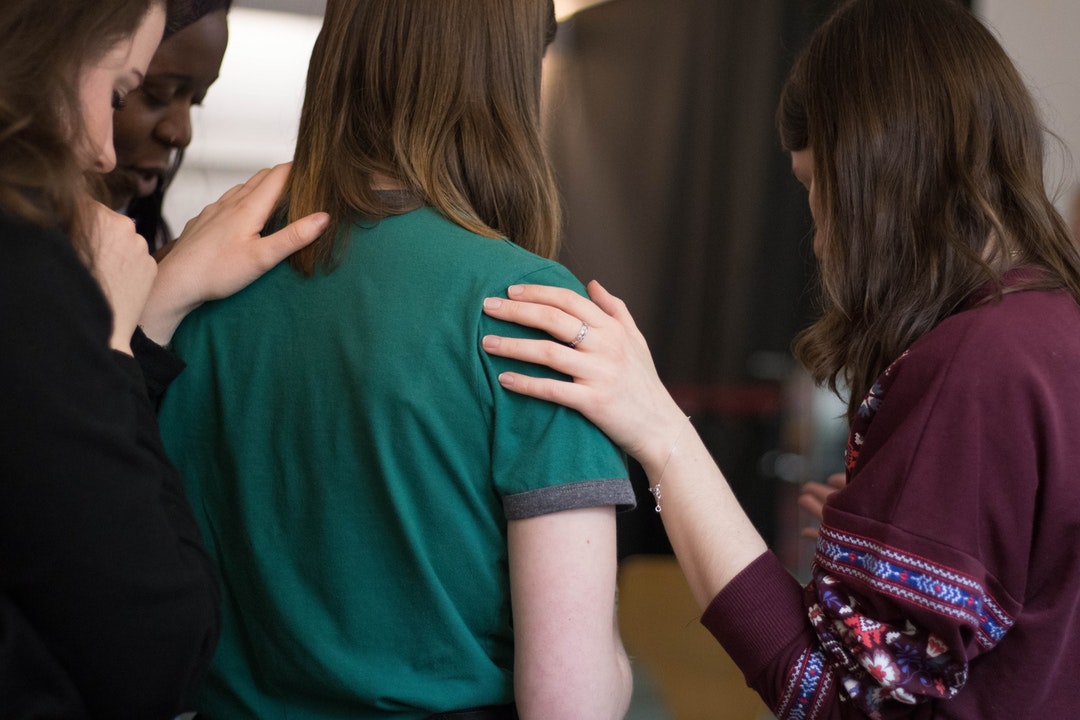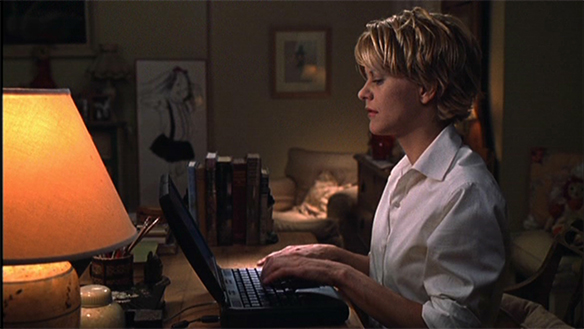
10 Gentle Reminders For When You Have To End A Friendship
Sometimes, friendships end. The breakups aren’t usually as clear cut as romantic breakups, which can leave both people feeling like closure will elude them. However, the ending of any relationship is truly fueled by an understanding that you will be better off moving forward. Whether the end comes as a result of outgrowing, mismatched personalities, or an unforgivable experience, you are not alone in this. Everyone goes through it at some point in their lives. Making the decision is truly the hardest part, so you are already on your way to brighter days.
1. You are not a bad person for wanting to sever ties.
The value of your friendship does not lie in length of duration. It doesn’t lie in your ability to spread yourself so thin to accommodate as many people as you can, or even just one person. If you continue a friendship because you would feel guilty to leave it, it’s not really a solid friendship. Anything built on guilt is just going to bring about resentment and frustration. Those are the last things you need from your friends.
2. Don’t listen to what other people think about your decision.
Some people might try to convince you to stick around for the sake of mutual friendships or just so as to not rock the boat. Some might tell you to go out with a bang or suggest various methods of how to end things. Some might try to make you feel guilty for your decision. But this isn’t about them. It’s not about your mutual friends, your old friends, new friends, parents, significant other, anyone. This is about you and making the hard decision to put yourself first.
3. A relationship that survives on a feeling of obligation is not healthy.
If your mentality to stay is that it’s always been this way, then you can’t expect anything to ever get better. You are not tied to anyone no matter how intertwined your lives may feel. You are not obligated to be anyone’s crutch or confidant. Besides, if it were you on the receiving end, would you really want someone to stick around for you only because they felt like they had to? Probably not.
4. Everyone deserves to surround themselves with people who root for them.
This applies to both you and the person in question. If you find that you disagree with the majority of the decisions they make, the things they value, or the mentalities they have, and you cannot find a way to overlook these things, the best thing to do is leave. It’s okay to leave. Give them the space to find someone that they mesh better with as you do the same for yourself. Not all criticism is constructive, and not every person that challenges you needs to do it in a way that makes you feel like less.
5. You are not immature if you remove them from social media.
If you have chosen to remove someone from your life, you really don’t need to keep tabs on how they’re doing without you. Similarly, you don’t need to go second guessing anything you put up post-breakup with their potential reaction in mind. Let them go completely, because that’s really the only way to let anyone go. If someone tries to convince you that blocking or unfriending is too extreme, reread #2.
6. You will get healthier as a result.
The moment that you decide to put yourself first, especially after so long of feeling depleted for the sake of another, your vibration will rise. You will begin acting authentically by default because you no longer need to cater yourself to someone else. You will start making decisions that bring you closer to who you really are and consequently will find new people who bring you closer to who you really are.
7. Choosing not to be around someone anymore is not the same thing as wishing them ill.
You don’t need to end things and then bad mouth them across town. You don’t need to justify your decision by listing the reasons why they were falling short. You already came to your conclusion that your life would be better if they were not in it, so stand by that decision, and hope that the same could be said for them. You can wish for someone to thrive without wanting to be a part of said thriving. All relationships are a two way street. You know you want your life to get better as a result, so why not wish the same for them too? And if you are ending things because they did something that hurt you, maybe just wish that they can find the answer to whatever is causing them so much pain that they feel the need to inflict it on another.
8. Thank them for how they served you in life.
If you know about the amazingness that is Marie Kondo, you know she encourages you to thank things before you throw them out. At some point, this person served you in one way or another. They say people come into your life for a reason, a season, or a lifetime. Clearly this person was a reason or a season. Maybe they provided you with comfort or good memories, or if nothing else, they showed you how you do not wish to be treated going forward. There is always a reason to say thank you, so find that reason and set them free.
9. Consider what you want out of a friendship.
The best part of getting what you don’t want is that it cues you in to the things that you do want. Friendships are no exception. When you take the time to reflect and decide what it is you really want out of your relationships (not just romantic ones), you open yourself up to attract a much healthier and worthwhile circle of people.
10. Build and foster new friendships.
Take all of the time and energy you may have spent in the friendship that ended and put it toward spending more time with friends you haven’t seen as much or toward making new friends. Or maybe even put it toward further strengthening the relationship you have with yourself. This will take the focus off of any pain or empty feelings and gives you the chance to really flourish and grow with a new perspective. The truth is, there are lots of great people out there, and as soon as you let go of what no longer serves you, you will free yourself up to find them. ![]()











